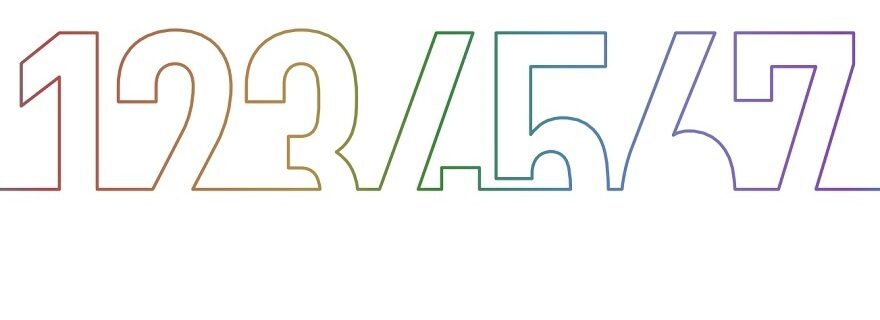Seven Guiding Principles for Open Research Information
What should research organisations consider when creating and acquiring services to manage research information?
Research is increasingly data-driven, and so is the management, communication, and evaluation of research. The area of research intelligence is fuelled by big data analytics and provides new prospects for assisted decision-making on funding opportunities, publishing venues and next generation metrics. Such types of analysis are based on research products (such as articles and datasets) and by-products (such as metadata about funding). Of a total of €17.5 billion annual investment in Dutch research and development, 30% is funded and 34% performed by public institutions. It is therefore essential that research intelligence undertaken in these institutions is done so in accordance with scholarly values. This is all the more urgent when more and more big publishers are moving from a content-provision to a data analytics business.
In 2020 and 2021 we took part in a Taskforce on Responsible Management of Research Information that developed seven Guiding Principles for Open Research Information. One of us, Alastair Dunning, recently worked with a designer to publish a slightly updated and more visually appealing version of the Guiding Principles. This is a good occasion to bolster the principles, which we believe should be widely read and lived up to in the Netherlands and beyond.
The guiding principles are trusted and transparent provenance, openness of metadata, openness of algorithms, enduring access and availability, open standards and interoperability, open collaboration with third parties, and academic sovereignty through governance.

A previous version of these principles was applied in the contract with Elsevier, established in 2020 by the Association of Universities in the Netherlands (UNL), the Netherlands Federation of University Medical Centres (NFU), the Dutch Research Council (NWO). The deal included Open Access publishing and reading services, but - crucially - it was also an agreement about the joint development of new research intelligence services. The million dollar question was of course if the deal was consistent with Dutch Open Science goals, and if undesirable platform effects would be avoided.
We are glad that the Dutch universities adopted the Guiding Principles for Open Research Information in the Summer of 2021. This should now lead to in-house application, as well as adoption in commercial systems. This is a crucial step in the move toward more open (information about) research. All research performing organisations that rely on public spending should provide leadership in this area. This will require effective cross-sectoral governance and sustained investments in open infrastructures.








0 Comments
Add a comment